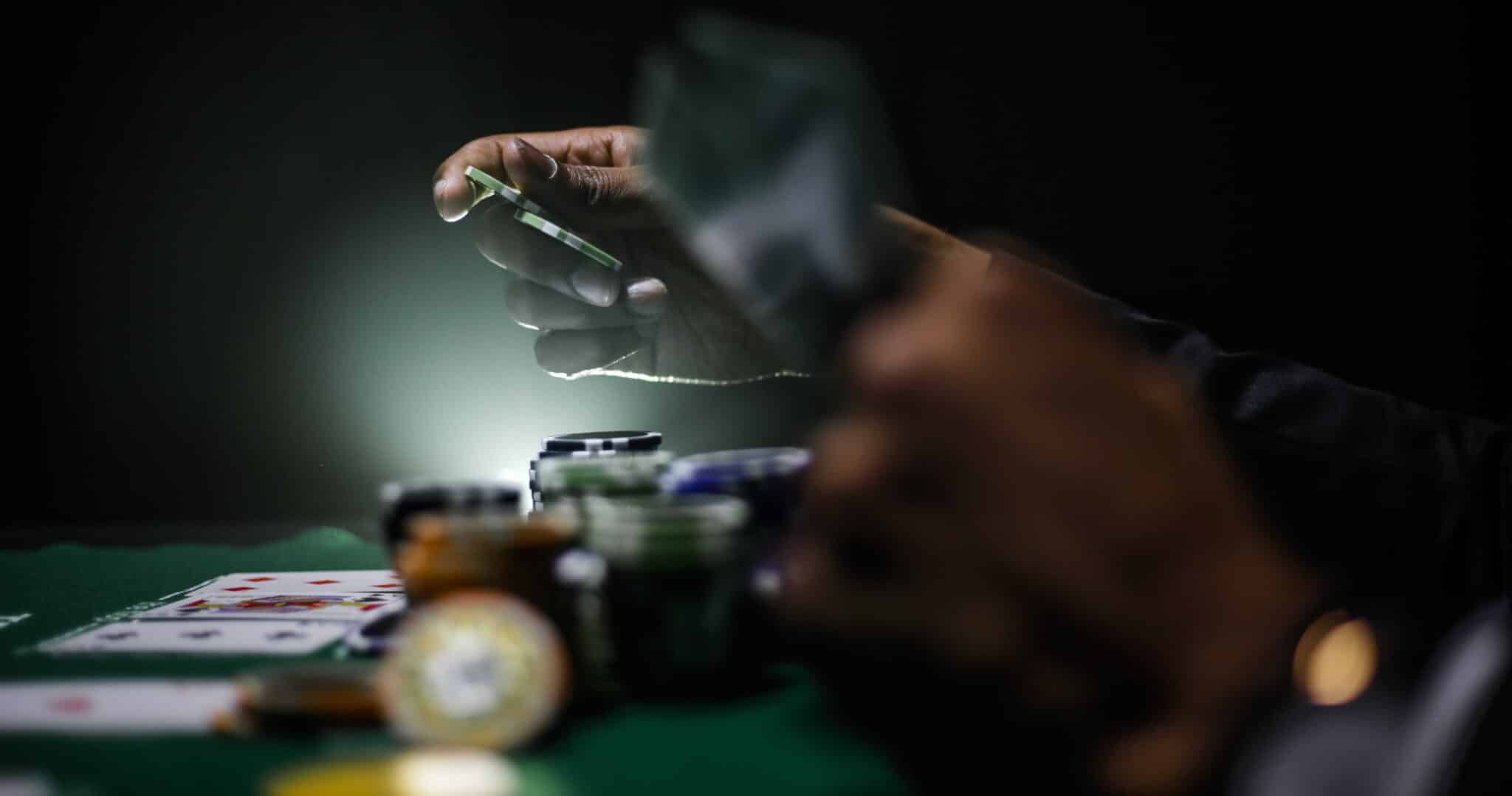
Gambling operator LeoVegas has launched a four-year research project with a leading medical university to prevent gambling-related harm.
LeoVegas Group, the operator of mobile casinos like LeoVegas and Pink Casino, has partnered with the Stockholm-based Karolinska Institutet’s Department of Clinical Neuroscience for the project.
According to reports, LeoVegas hopes that the project will help improve how operators can identify signs of problem gambling and reduce or prevent it altogether.
The project is being funded by the operator as part of its responsible gambling efforts, with LeoVegas hoping to inform the debate surrounding safe gambling with research to “support evidence-based discussions”.
Meanwhile, the Karolinska Institutet has said that through the project, it is aiming to develop and implement new tools for “mapping and treating mental illness”.
The above news comes after LeoVegas launched a new deposit limit initiative for UK customers making their first deposit and after the operator was fined £1.32 million by the Gambling Commission for multiple failures.
Gustaf Hagman, the CEO of LeoVegas Group, said in a statement via EuropeanGaming: “Responsible gaming is an important priority for LeoVegas Group. We believe that our industry must take greater responsibility for contributing knowledge and facts about gambling-related problems, and learning how to minimise these issues.
“We are proud to be partnering with Karolinska Institutet to carry out this valuable research and hope that decision-makers and the gaming industry will be able to apply the findings in order to support more responsible gambling.”
Philip Lindler, the Associate Professor and Research Group Leader at Karolinska Institutet, added: “As researchers at universities, we have a duty to spread knowledge that is useful to society.
“This collaboration gives us a unique opportunity to study data that hasn’t previously been available for research. We hope that the collaboration will lead to new ways of identifying and helping players at risk, at the earliest stage possible.”